(3-Glycidyloxypropyl)triethoxysilane
Synonym(s):3-(2,3-Epoxypropyloxy)propyltriethoxysilane;GPTES
- CAS NO.:2602-34-8
- Empirical Formula: C12H26O5Si
- Molecular Weight: 278.42
- MDL number: MFCD01311705
- EINECS: 220-011-6
- SAFETY DATA SHEET (SDS)
- Update Date: 2025-06-17 20:04:47
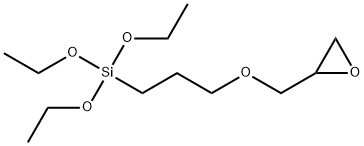
What is (3-Glycidyloxypropyl)triethoxysilane?
Chemical properties
Colorless clear liquid.
The Uses of (3-Glycidyloxypropyl)triethoxysilane
(3-Glycidyloxypropyl)triethoxysilane (GPTES) can be used as a reagent in the synthesis of: ????????
- Polymer nanocomposite membranes for direct methanol fuel cells (DMFCs).???????
- Azido terminated poly(ethylene glycol) silane that can be self-assembled on a metal-oxide surface to facilitate the orthogonal biofunctionalization.??????
- Epoxy functionalized silsesquioxane nanoparticles (SQ-NPs).
- Epoxy-functionalized mesoporous cellular foams (G-MCFs) as the support for the immobilization of penicillin G acylase (PGA).
GPTES can also be used as a precursor to prepare water-repellent, self-cleaning coatings.
Flammability and Explosibility
Not classified
Properties of (3-Glycidyloxypropyl)triethoxysilane
| Melting point: | <-50°C |
| Boiling point: | 270°C |
| Density | 1.004 g/mL at 20 °C (lit.) |
| vapor pressure | 0.07Pa at 25℃ |
| refractive index | n |
| Flash point: | 125°C |
| storage temp. | Hygroscopic, Refrigerator, under inert atmosphere |
| solubility | DMSO (Slightly), Methanol (Slightly) |
| form | Oil |
| color | Clear Colourless |
| Specific Gravity | 1.00 |
| Water Solubility | 3.3g/L at 20℃ |
| Hydrolytic Sensitivity | 7: reacts slowly with moisture/water |
| BRN | 144145 |
| CAS DataBase Reference | 2602-34-8(CAS DataBase Reference) |
| EPA Substance Registry System | Oxirane, 2-[[3-(triethoxysilyl)propoxy]methyl]- (2602-34-8) |
Safety information for (3-Glycidyloxypropyl)triethoxysilane
| Signal word | Warning |
| Pictogram(s) |
 Exclamation Mark Irritant GHS07 |
| GHS Hazard Statements |
H315:Skin corrosion/irritation H319:Serious eye damage/eye irritation H332:Acute toxicity,inhalation H335:Specific target organ toxicity, single exposure;Respiratory tract irritation |
| Precautionary Statement Codes |
P261:Avoid breathing dust/fume/gas/mist/vapours/spray. P264:Wash hands thoroughly after handling. P264:Wash skin thouroughly after handling. P271:Use only outdoors or in a well-ventilated area. P302+P352:IF ON SKIN: wash with plenty of soap and water. P305+P351+P338:IF IN EYES: Rinse cautiously with water for several minutes. Remove contact lenses, if present and easy to do. Continuerinsing. |
Computed Descriptors for (3-Glycidyloxypropyl)triethoxysilane
| InChIKey | JXUKBNICSRJFAP-UHFFFAOYSA-N |
New Products
Indole Methyl Resin tert-butyl 9-methoxy-3-azaspiro[5.5]undecane-3-carboxylate Boc-His(Boc)-OH 2-CTC Resin 4-Chloro-7-tosy1-7Hpyrrolo[2,3-d]pyrimidine 5,7-Dibromo-1H-indole 2,5-dichloro-N-hydroxy-4,6-dimethylpyridine-3-carboximidamide 2,2-Dimethoxy-7-azaspiro[3.5]nonane hydrochloride 4-chloromethyl-5-methyl-1,3-dioxol-2-one (DMDO-Cl) R-2-BENZYLOXY PROPIONIC ACID 1,1’-CARBONYLDIIMIDAZOLE 1,1’-CARBONYLDI (1,2-4 TRIAZOLE) N-METHYL INDAZOLE-3-CARBOXYLIC ACID 4-((2-hydroxyethyl)thio)benzoic acid 1-(TERT-BUTOXYCARBONYL)-2-PYRROLIDINONE Methyl 6-methylnicotinate 3-Pyridineacrylic acid tert-Butyl carbazate TETRAHYDRO-2H-PYRAN-3-OL 2-((4-morpholinophenylamino) (methylthio) methylene) malononitrile 3-(4-morpholinophenylamino)-5-amino-1H-pyrazole-4-carbonitrile 2,4-dihydroxybenzaldehyde 1,3-Diethyl-1,3-Diphenylurea Methyl 2-methylquinoline-6-carboxylateRelated products of tetrahydrofuran
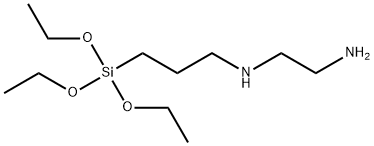
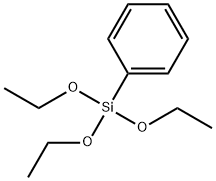

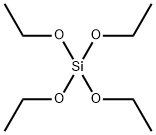
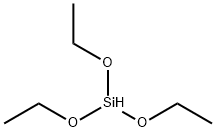
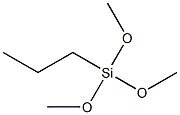

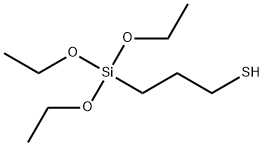
You may like
-
 Triethoxy(3-glycidyloxypropyl)silane CAS 2602-34-8View Details
Triethoxy(3-glycidyloxypropyl)silane CAS 2602-34-8View Details
2602-34-8 -
 (3-Glycidyloxypropyl)triethoxysilane CAS 2602-34-8View Details
(3-Glycidyloxypropyl)triethoxysilane CAS 2602-34-8View Details
2602-34-8 -
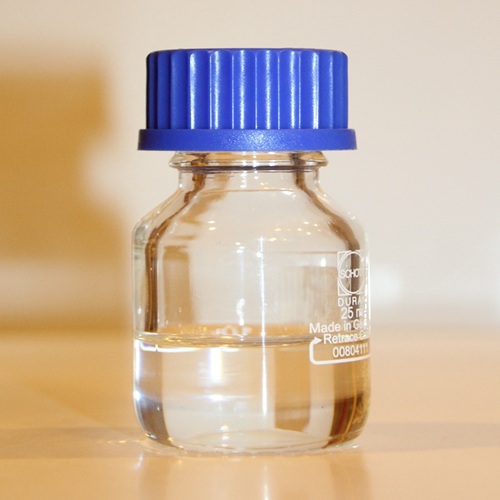 Pyridine 99.5% HPLC /UV SpectroscopyView Details
Pyridine 99.5% HPLC /UV SpectroscopyView Details
110-86-1 -
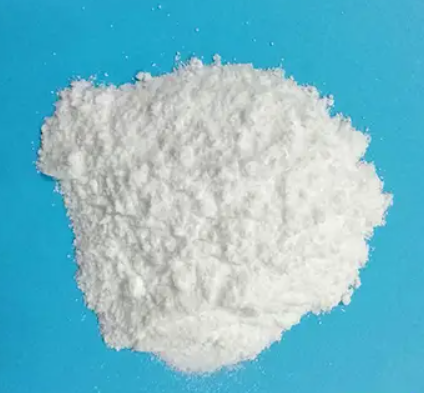 Piperazine Spot supply, best priceView Details
Piperazine Spot supply, best priceView Details
110-85-0 -
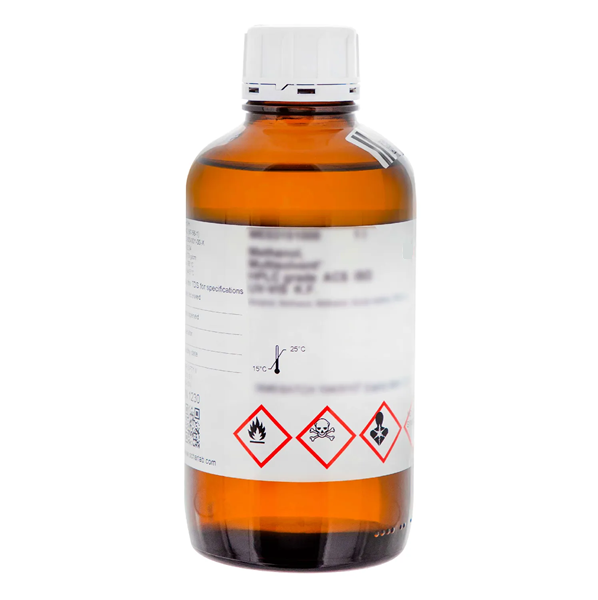 Dibutyl PhthalateView Details
Dibutyl PhthalateView Details
84-74-2 -
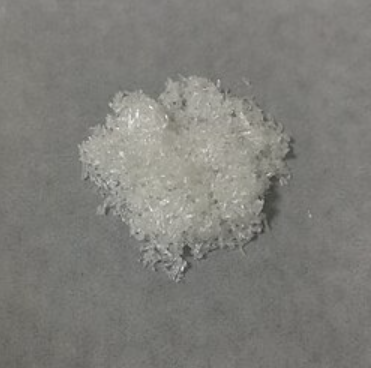 Imidazole Spot supply, competitive priceView Details
Imidazole Spot supply, competitive priceView Details
288-32-4 -
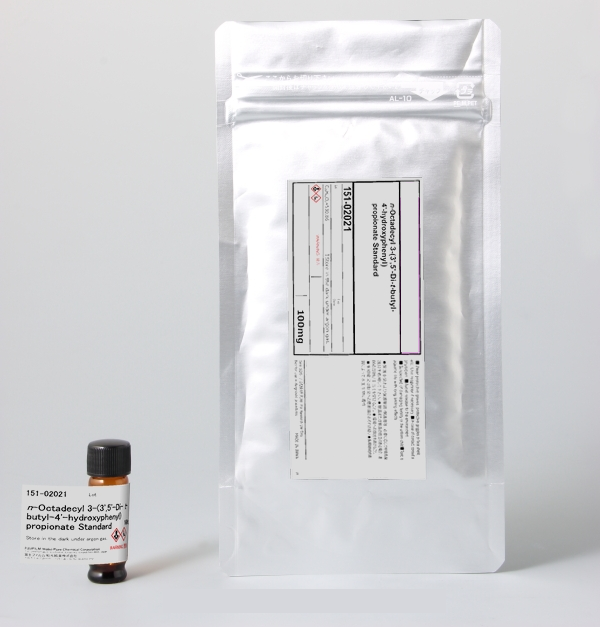 Octadecyl 3-(3,5-di-tert-butyl-4-hydroxyphenyl)propionate 98% (GC)View Details
Octadecyl 3-(3,5-di-tert-butyl-4-hydroxyphenyl)propionate 98% (GC)View Details
2082-79-3 -
 Thiourea 99% ARView Details
Thiourea 99% ARView Details
62-56-6
Statement: All products displayed on this website are only used for non medical purposes such as industrial applications or scientific research, and cannot be used for clinical diagnosis or treatment of humans or animals. They are not medicinal or edible.
